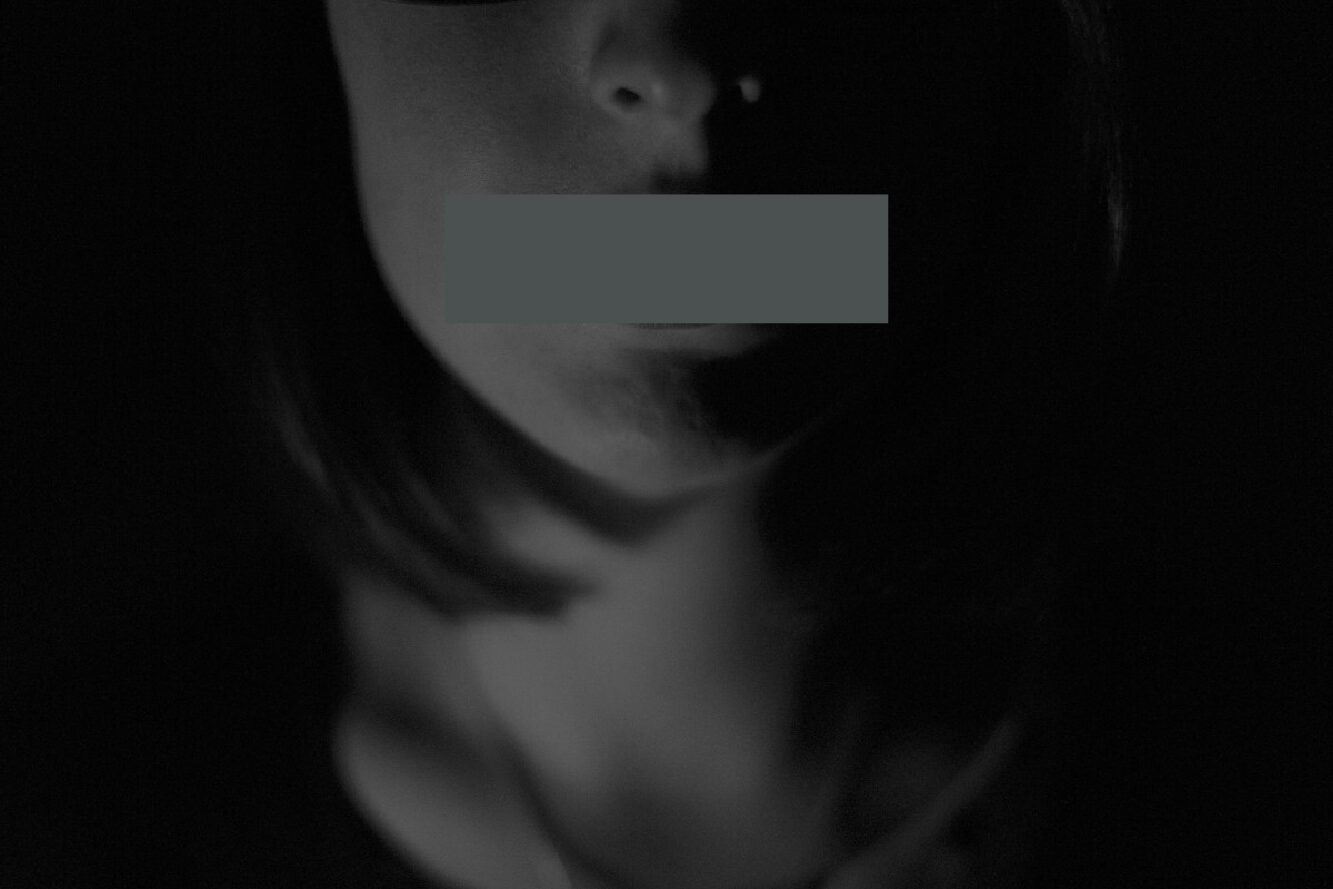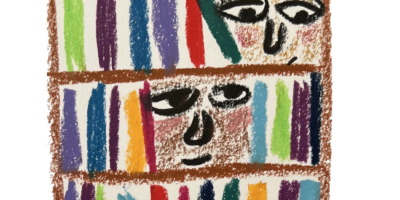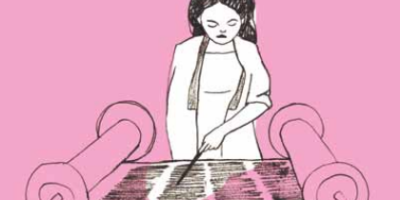
Shedding Our Shame
This short excerpt from my new book #UsToo outlines my thinking after #MeToo first went viral and I navigated coming forward about my personal experience with sexual misconduct and abuse of power in Jewish Studies. In addition to hearing from many Jewish women, I met Muslim and Christian women whose stories made me realize that no community is immune. While Jewish and Muslim women told of apprehensiveness around reporting coreligionists due to antisemitism and Islamophobia, lack of normalized reporting impacts Christian women too. I found that Jewish and Muslim women of color especially are “triple minorities”: female in a society where women are still “the second sex;” a religious minority in a predominantly Christian country; and are often judged by the color of their skin.
Speaking out about bad behavior is in keeping with Jewish values and must be normalized. Finding and using one’s voice is a personal journey; I hope sharing mine will help readers do the same. I dedicate this piece with abundant love to my mother, who introduced me to Lilith many moons ago for which I am eternally grateful.
I thought “me too” from the moment I first read the words. But I did not say them, write them, or post them on social media. Why was it so hard to say #MeToo? I thought about the times in my life when I was touched without my consent; all were evidence of the patriarchy that convinced some men they had an inalienable right to girls’ and women’s bodies. I got to the most recent incident and stopped in my mental tracks.
Steven M. Cohen, a well-known sociologist of American Jewry, used the pretense of professional advice to lure me to a candle-lit dinner far from the Association for Jewish Studies conference we were attending in Washington, DC, and the prying eyes of our colleagues. He probed about my personal life, asking me one inappropriate question after another. He took my hand in his and held it across the table until I carefully withdrew it from his grasp. After I rebuffed his suggestion of walking me to my hotel room and firmly said “good night,” he suddenly pressed his body against mine and kissed me in a manner only suitable for lovers. I was repulsed and ran back to my room, locking the door quickly behind me, my mind racing to understand what my brain could not process. I knew what he did was not kosher, that I had been mistreated, but women are socialized to not make waves and I was a product of that patriarchal brainwashing. The fact that Cohen was married made his action all the more contemptible to me. When another social scientist asked how my meeting with Cohen went, all I could bring myself to recount was that it was “disturbing.” That email would come in handy later when the Title IX officer was looking for contemporaneous corroboration.
Multiple factors contributed to my initial silence. Cohen was older, tenured, and significantly more powerful. The interconnectivity of Jewish academia and community combined with the perpetrator’s status meant that saying #MeToo would draw attention to something very wrong in the Jewish community in general and Jewish studies in particular. If I spoke out about something repulsive, I thought I would bring shame to the community I loved and worked in. The ideas that the Jewish people are one big family, that we are responsible for one another, and that we should not speak ill of each other kept a muzzle on me.
The mere thought of speaking out paralyzed me with fear and questions. What would people think? How would he react? Would I be judged for blowing the whistle? Would my well reviewed scholarship be tossed aside, my reputation reduced to a mere scribbling woman?
As I read more #MeToo articles, a sense of urgency began to well up inside me, compelling me to go beyond volunteering on a sexual misconduct taskforce. In December 2017, six years after the incident with Cohen, I read an article in the Jerusalem Post that opened a door I had not known existed. It was as if the question in the title, “When Will US Jews Confront Sexual Harassment and Other Abuses of Power?” was directed to me. Author Rafael Medoff, a Holocaust historian, argued that Jews should strongly encourage people to step forward about their experiences and contact his Committee on Ethics in Jewish Leadership “to discuss what can be done.” It felt like a clarion call ….
When Olympian Aly Raisman confronted the sexual predator who assaulted her and more than a hundred other girls and young women for decades, I was inspired yet also wondered: How could I, just one woman without a gold medal, speak out against a man as well-known in the Jewish community as Nassar was in the Olympic one? It took six more months and many baby steps before my words became public.
The question “What if I’m the only one?” kept rattling around in my head. I reached out to a small handful of trusted mentors and colleagues to ask if they knew someone who had a similar experience with Cohen as I did. Women on the East Coast asked women on the West Coast; they each knew of one person and planned to connect us. The only problem was that the person each was thinking of was the same woman: me.
While I was clinging to my anonymity, someone put me in touch with Debbie Findling. Debbie had published her opinion editorial “Is the Jewish Community Perpetuating Sexual Harassment?” describing being sexually harassed three decades prior. The perpetrator was Leonard “Len” Robinson, the former executive director of the largest Jewish camp network in North America. She was 23 and he was in his 40s when he tried to hold her hand, to kiss her, and then asked her to have sex with him and his wife. At that time, the summer of 1988, Debbie believed that pursuing legal action against him would end her career that was just beginning in the Jewish Community.
Finally making her story public inspired other women who Robinson had harassed over the years to come forward. Debbie suggested that the same was likely to happen if I spoke out. “But what if it doesn’t?” I asked. “What if I really am alone?” I will never forget what Debbie said next. She used the example of someone robbing a bank. Even if the criminal only robbed one bank, it was still wrong. A light switch flipped on in my head. Her example cut through a half-century during which I had been socialized to accept men’s behavior, however degrading or inappropriate, because that’s what good girls did. And I was a good Jewish girl. The internal #MeToo work began in earnest after that conversation with Debbie; I needed to redefine for myself that a good Jewish girl is someone who blows the whistle when someone does something wrong to her.
Dr. Keren R. McGinity is the first Interfaith Specialist at the United Synagogue for Conservative Judaism and a Research Associate at the Hadassah-Brandeis Institute.
Adapted from the #UsToo: How Jewish, Muslim, and Christian Women Changed Our Communities, (Routledge, Taylor & Francis Group, September 2023). Ebook available gratis thanks to an anonymous grant for Open Access.






